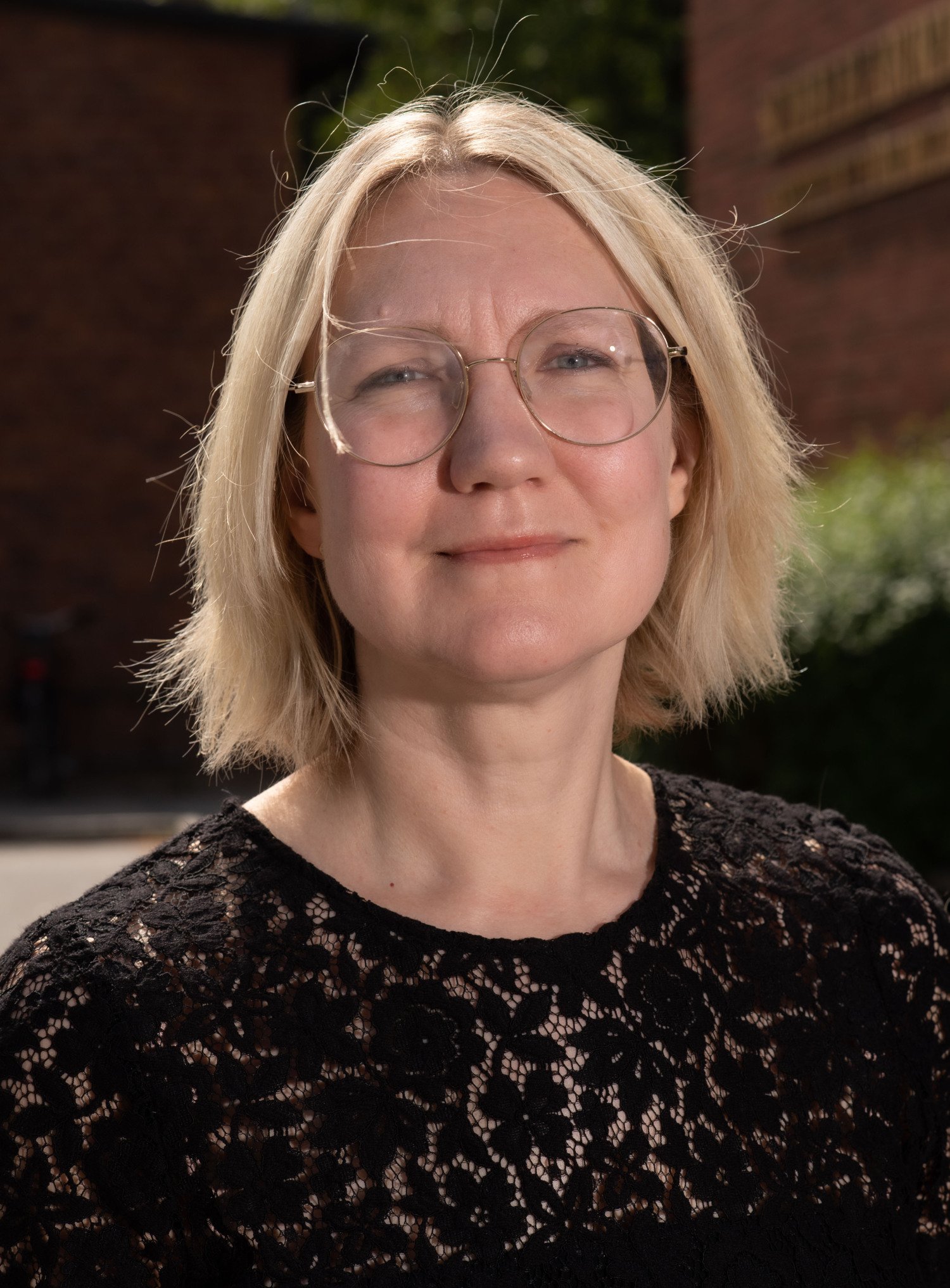Despite rapid advances in genome and exome sequencing, many individuals with rare diseases remain undiagnosed. In a Perspective article published in Nature Genetics, researchers at Karolinska Institutet highlight how long-read whole genome sequencing, LR-WGS, offers a paradigm shift in genetic testing.

Allowing for the detection of previously unrevealed genetic variants, such as complex structural rearrangements, repetitive sequences, as well as epigenetic alterations, offering a more complete picture of the genome.
"With long-read sequencing, we can now access parts of the genome that were previously invisible - complex variants and structural changes that we know play a crucial role in rare diseases", says lead author Jesper Eisfeldt , the Department of Molecular Medicine and Surgery .
In the article describes the Swedish national efforts bringing LR-WGS into clinical practice. Hundreds of individuals have already been analyzed though the Genomic Medicine Sweden initiative, and a prospective study of 1,000 individuals with neurological conditions is underway. LR-WGS has shown promise in increasing diagnostic yields and could eventually replace multiple standard genetic tests with a single, comprehensive assay.

"We envision a future where long-read sequencing replaces the full spectrum of genetic tests currently used in clinical diagnostics today", says corresponding author, Professor Anna Lindstrand .
The authors are supported by the Swedish Research Council, Region Stockholm, the Swedish Brain Foundation, the Swedish Cancer Society, and the Rare Diseases Research Foundation.
Publication
Toward clinical long-read genome sequencing for rare diseases Jesper Eisfeldt, Marlene Ek, Magnus Nordenskjöld, Anna Lindstrand. Nature Genetics 2025 May. doi:10.1038/s41588-025-02160-y






